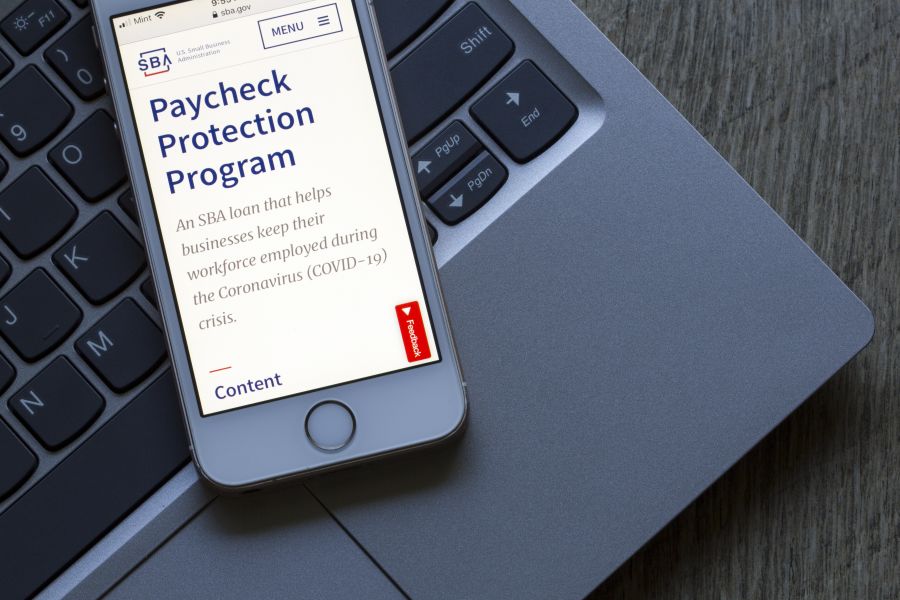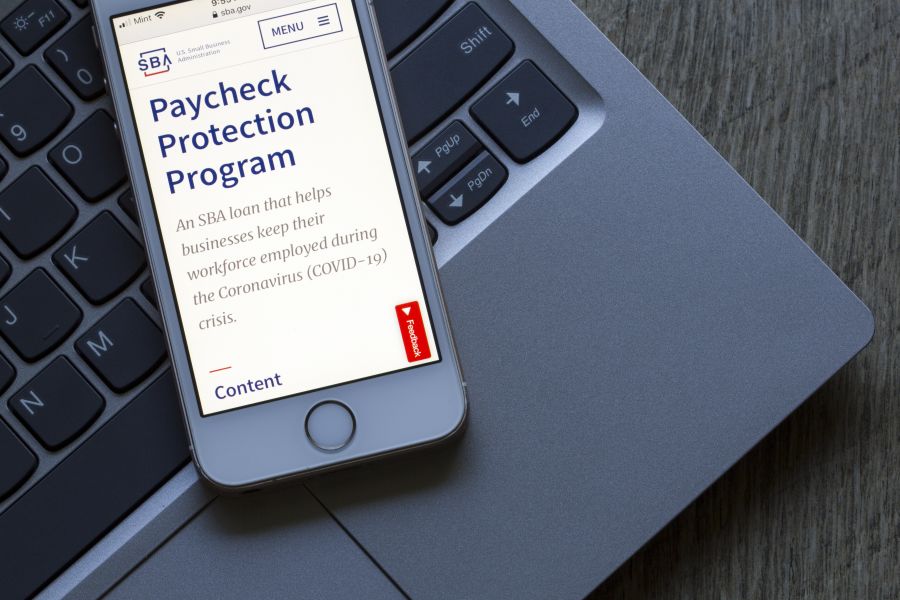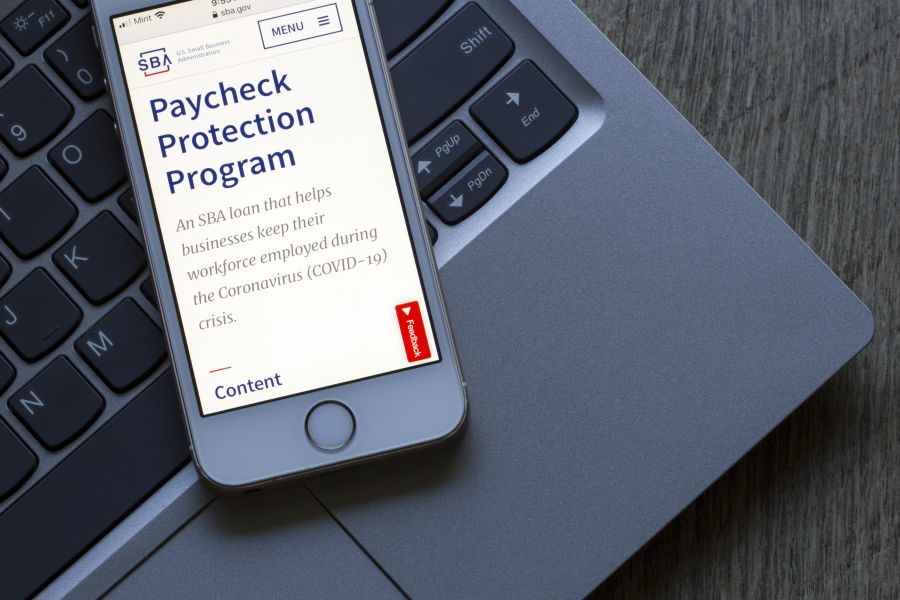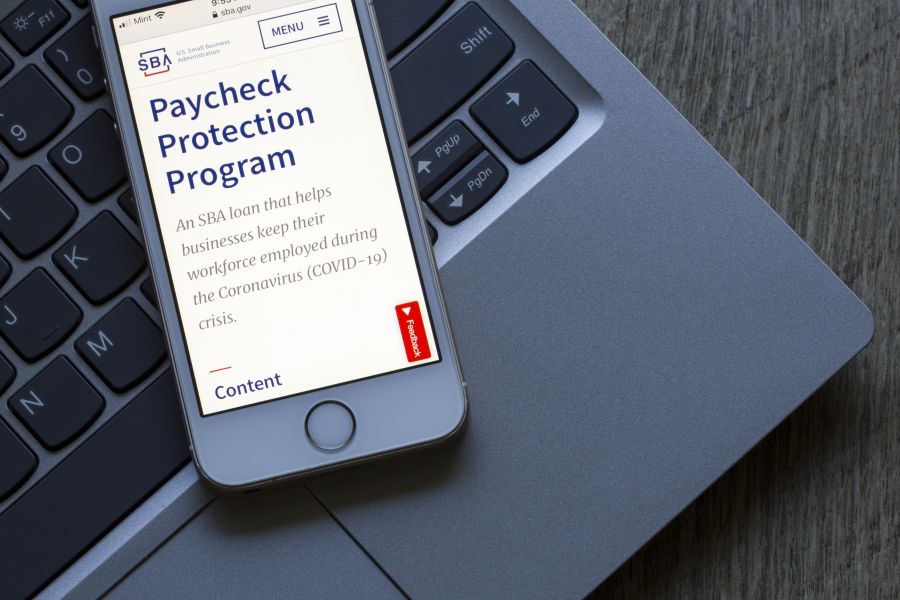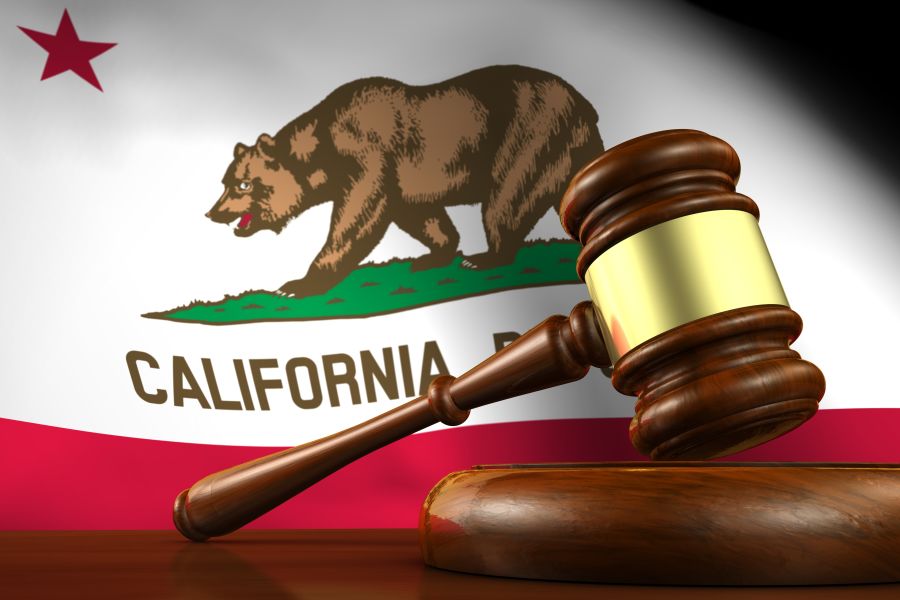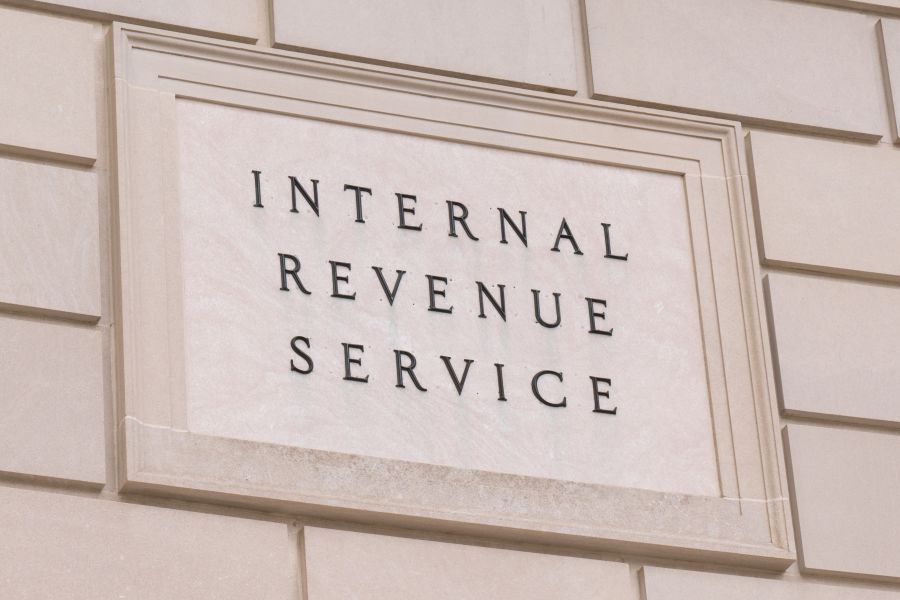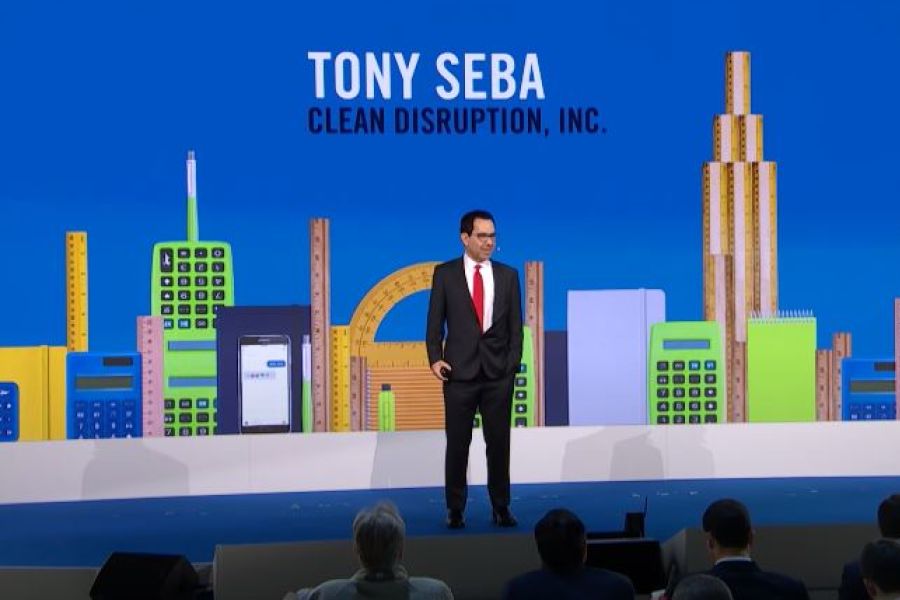A Procedural Notice has been released by the SBA to it's employees, as well as PPP lenders related to First Draw PPP Loan increases. Under the Economic Aid Act (EAA) in the Consolidated Apportionment Act (CAA 2021), certain borrowers may request an increase under certain conditions: First Draw Paycheck Protection Program Loan Increases After Enactment of the Economic Aid Act, 1/13/2021 SBA Procedural Notice Control No. 5000-20076 Increase to a First Draw PPP Loan The Economic Aid Act (EAA) permitted certain borrowers to re-apply or request an increase to a First Draw PPP Loan approved on or before 8/8/2020. In general, increases in the loan amount: may not exceed the maximum loan amount the borrower is entitled to under PPP rules, and may not exceed a total of...

In a Treasury Department Press Release dated 1/8/2021, the Treasury Department and Small Business Administration (SBA) have announced that the Paycheck Protection Program (PPP) will reopen the week of January 11. To promote access to capital: initially, only community financial institutions will be able to make First Draw PPP Loans on 1/11/2021, and Second Draw PPP Loans on 1/13/2021. All participating lenders will be able to participate in the PPP shortly thereafter. Interim Final Rules The SBA and Treasury Department recently released Interim Final Rules and other guidance. See the following related posts: SBA Releases Guidance on PPP Extension and Expansion SBA Releases Interim Final Rules Regarding PPP Second Draw Loans Additional Guidance: Top-Line Overviews The SBA also released a Top-line Overview of First Draw PPP and a Top-line Overview of Second Draw PPP. The Top-line Overview...
The Treasury Department and Small Business Administration (SBA) have released Interim Final Rules (IFR) regarding the permission of "second draw loans" under the Paycheck Protection Program (PPP) recently authorized by the Consolidated Appropriations Act, 2021 (CAA 2021). BACKGROUND CARES Act The CARES Act provided the original legislation authorizing the Small Business Administration (SBA) to make loans to qualified businesses under certain circumstances. The provision established the Payroll Protection Program (PPP), which provides up to 24 weeks of cash-flow assistance through 100% federally guaranteed loans to eligible recipients for the purpose of maintaining payroll during the coronavirus (COVID-19) pandemic and to cover certain other expenses. Paycheck Protection Program Flexibility (PPPF) Act The Paycheck Protection Program Flexibility (PPPF) Act made significant modifications to the PPP, including: reducing the percentage of loan proceeds...
The Treasury Department and Small Business Administration (SBA) have released Interim Final Rules (IFR) regarding the recent extension and expansion of the Paycheck Protection Program (PPP) as authorized by the Consolidated Appropriations Act, 2021 (CAA 2021). BACKGROUND CARES Act The CARES Act provided the original legislation authorizing the Small Business Administration (SBA) to make loans to qualified businesses under certain circumstances. The provision established the Payroll Protection Program (PPP), which provides up to 24 weeks of cash-flow assistance through 100% federally guaranteed loans to eligible recipients for the purpose of maintaining payroll during the coronavirus (COVID-19) pandemic and to cover certain other expenses. Paycheck Protection Program Flexibility (PPPF) Act The Paycheck Protection Program Flexibility (PPPF) Act made significant modifications to the PPP, including: reducing the percentage of loan proceeds require...
In response to the ongoing Coronavirus Disease 2019 (COVID-19) pandemic, IRS Notice 2021-07 provides temporary relief for employers and employees using the automobile lease valuation rule to determine the value of an employee’s personal use of an employer provided automobile for purposes of income inclusion, employment tax, and reporting. Due solely to the COVID-19 pandemic, if certain requirements are satisfied, employers and employees that are using the automobile lease valuation rule may instead use the vehicle cents-per-mile valuation rule to determine the value of an employee’s personal use of an employer-provided automobile beginning as of March 13, 2020. For 2021, employers and employees may revert to the automobile lease valuation rule or continue using the vehicle cents-per-mile valuation rule provided certain requirements are met. GRANT OF RELIEF Due to...
California has begun their mandate of employer participation in the CalSavers Program. The program's 3-year phase-in is as follows: Number of Employees: Registration Required by: >100 09/30/2020 >50 06/30/2021 >=5 06/30/2022 What is CalSavers? CalSavers is California’s new retirement savings program for workers in the private sector who do not currently have a way to save at work (i.e. the employer does not provide an employee retirement plan (EBP)). While "eligible employers" are required to make the Plan available, it is voluntary for employees. CalSavers operates similar to a Roth IRA. Plan is funded by employee savings (no employer fees or contributions). "Eligible Employers" must enroll all employees in a CalSavers account unless the employee formally opts-out. Employee participation is completely voluntary and they can opt-in or opt-out at any time. Plan is administered by...
In IR 2020-226, the Internal Revenue Service, on 10/1/2020, encouraged taxpayers to consult an independent tax advisor if they participated in a micro-captive insurance transaction. The IRS encourages any taxpayer who has continued to engage in an abusive micro-captive insurance transaction to not anticipate being able to settle its transaction with the IRS or Chief Counsel on terms more favorable than previously announced settlement offers and that any potential future settlement initiative that the IRS may consider will require additional concessions by the taxpayer. With this in mind, the IRS encourages taxpayers to consult an independent tax advisor if they participated in a micro-captive insurance transaction. These taxpayers should seriously consider exiting the transaction and not claiming deductions associated with abusive micro-captive insurance transactions, just like many other taxpayers...
(Run Time: 1 min, 40 sec) Working with a first-time auto dealer is an important job. One reason is because everything is new. Everything must be set up from scratch. I always say that it’s easier to do something right the first time than to have to fix it later. But you have to let me help . . . keep me in the loop. I had a dealership client once that was on the grow . . . purchasing a new dealership every year. The problem was that his attorney didn’t know dealerships, and I never heard about the transaction until it was consummated. The result? Every year, I spent a good amount of time figuring out how to undo errors in the business entity formations,...
(Run Time 1 min, 44 sec) When working with an existing dealer for the first time, the first step is to break everything down to the lowest common denominator, so-to-say. Each entity, and how these related companies interact with each other. Consider whether the interactions are arranged in a tax-wise manner. This has become even more important now in light of the recent Tax Cuts and Jobs Act. Heralded as containing the most sweeping changes in decades, new rules such as the 30% Business Interest Limitation and the 20% Qualified Business Income deduction have turned tax planning on it’s ear. Looking at everything with a new set of eyes can be very . . . well, eye-opening. The same goes for the dealership returns. At the end...
As posted to the Tony Seba YouTube Channel on 10/30/2019 (Run Time 31 min, 17 sec) Based on Tony Seba's #1 Amazon bestselling book "Clean Disruption of Energy and Transportation" and "Rethinking Transportation 2020-2030", this presentation lays out the key technologies (batteries, electric vehicles, autonomous vehicles), business model innovations (ride-hailing, transportation-as-a-service), how the technology disruption will affect existing companies and sectors (market trauma) and how it will unfold over the next decade, as well as key implications for society, finance, industry, cities, and infrastructure. (This is Blog Post #907) Tony Seba is the author of "Clean Disruption of Energy and Transportation - How Silicon Valley Will Make Oil, Nuclear, Natural Gas, Coal, Electric Utilities and Conventional Cars Obsolete by 2030" and "Rethinking Transportation 2020-2030". He is the creator of...


